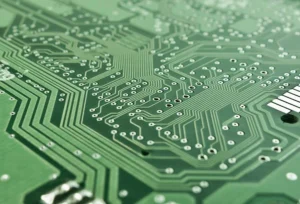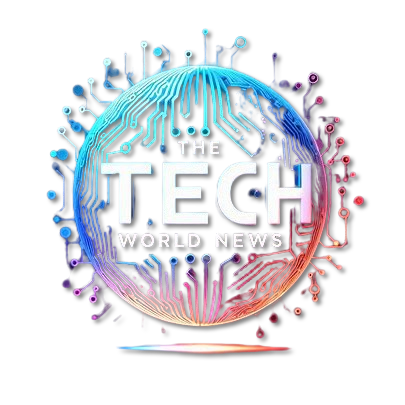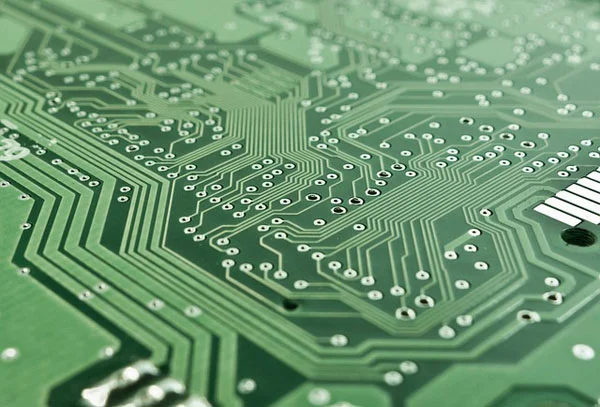Last year, we witnessed a great many achievements and changes. Today we can say that technology is forever changing and improving, with prospects looking ever more so exciting, this leads to the rise of trends we do not expect, with the old and new merging together. There are tons of modern technology trends, so for this article, I’ll simply focus on those that really started to take off at the end of last year.
We should expect many changes in the direction of technology for this year. Artificial intelligence and machine learning is set to transform industries, making way for automation and virtual helpers. We now witness smart cities and smart homes, with the internet of things (IoT).
Finally, we should start to see an improvement in human-machine interactions, due to changes in language and commands. So let’s take a look at some of the more notable breakthroughs for this year.
The Rise of Smart IoT
Many predictions state that by 2020, we can expect more than 75 billion devices to be connected to one another. These devices, not only will they be connected, but they will also work off each other, in a kind of intelligence eco-system. These smart devices will be constantly collating data, sharing and connecting in intelligent ways, in order to achieve desired goals. As artificial intelligence begins to proliferate, we can expect to see more and more intelligent agents, replicating and collaborating interactions within the real world.
New Privacy and Security Approaches
With the advancement in technology, and the continuous growth in data, and its importance, techniques used for hacking have also steadily improved. The increasing number of devices that are connected over the internet, creates more information, but also leaves it more susceptible and less well protected. IoT gadgets tend to be very insecure, and as their use becomes more and more popular, we can expect that our privacy will come under increasing risk. In addition to IoT, we can also state that the generality of large enterprises are potentially vulnerable to hacking and hacks.

However, in this year, we should witness the emergence of a solution, as there will be more energy thrown at improving our safety. We can expect machine learning to be used to increase and improve our approach to security. Machine learning will allow for such techniques as behavioural analysis, which is detection to stop an attack that is capable of bypassing more traditional protective methods.
Block-chain technology is also mentioned, which is responsible for a new technology called Zero Knowledge Proof, which we should witness more improvements in, for this year, allowing for transactions that will secure users privacy through mathematics. CARTA (continuous adaptive risk and trust assessment) is another safety approach. It works by continuously evaluating the risks and the level of trust so as to adapt to specific situations. This applies to all, including business participants: from partners to developers. So, although there is ample proof that security continues to be at risk, we can look to the future as a promise for good things to come, especially in the area of user privacy.
Quantum Computing
With the introduction of quantum computing, we can expect significant improvements in computer processing power. With this massive leap in processing power, it will open the door to problem solving such as unsupervised system learning, at a scale never previously envisioned, especially when you consider the systems of today. IBM announced a qubit prototype quantum processing chip, so we should expect to see a 100 – 200+ qubit system in the coming years.

Friendly Consumer Interactions
Consumers will now demand for technology that is able to seamlessly fit their lifestyle, whether in the workplace, home or play. Technology should be designed to not only allow consumers to interact with one another, but also to express them-selves in the best way possible. The way that we currently interface with technology is only set to change with the proliferation of more screen less, voice based systems for interaction. We should also see massive improvements in conversational interfaces, emphatic designed interfaces and social bots.
–AUTHOR INFO—
Uchenna Ani-Okoye is a former IT Manager who now runs his own computer support website https://www.compuchenna.co.uk.








